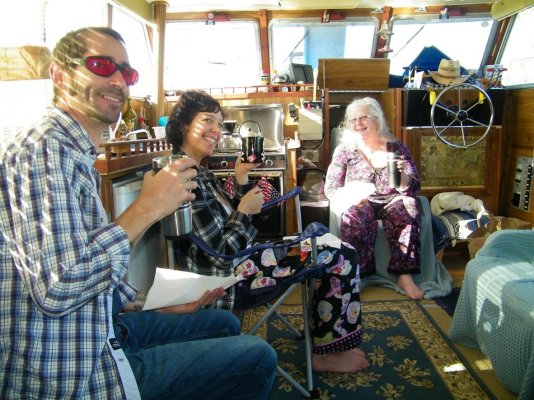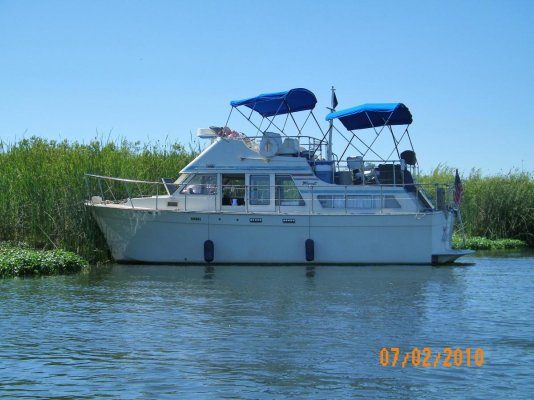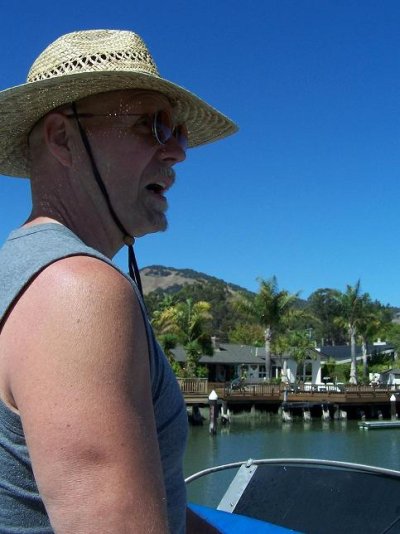Art,
I see long knife like hulls on a catamaran that is supporting 10~15 Kw of solar panels and substantial lithium energy storage. This would give ocean crossing capability and provide for all domestic energy needs. No need for propane, diesel, or gasoline for the dinghy. It is doable now, and Solar Wave is proof of concept.
Past attempts have merit for folks that don't want to go the sailboat route, and one that comes to mind is a trimaran called the Walker Wingsail, which I asked on the Cruiser's Forum if anyone remembers it.
Remember the Walker Wingsail ? - Cruisers & Sailing Forums




 Nah Art. Just tryin' to see if I can run my old school boat on a new school battery
Nah Art. Just tryin' to see if I can run my old school boat on a new school battery 












